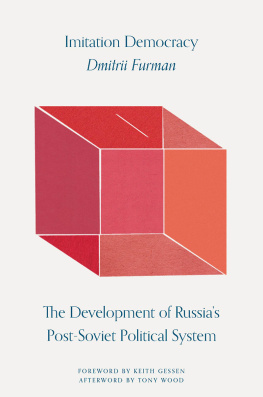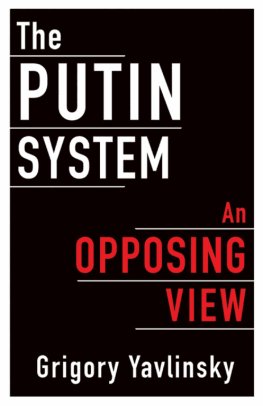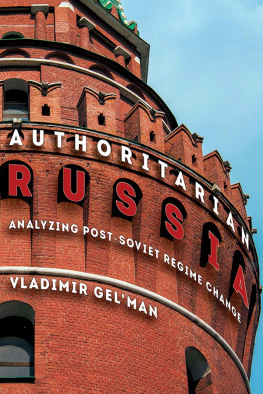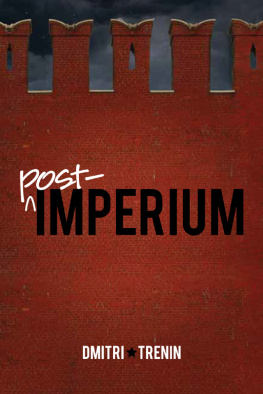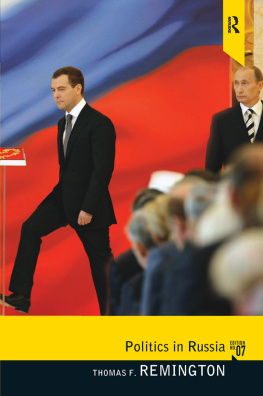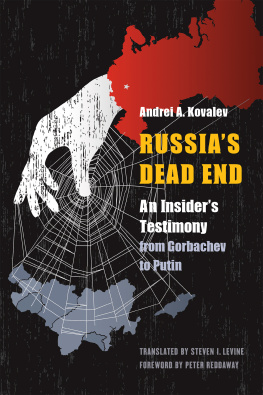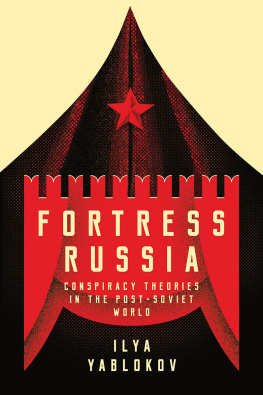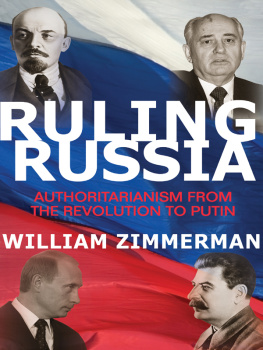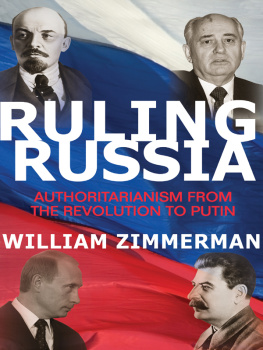Contents

Imitation Democracy
Imitation Democracy
The Development of Russias
Post-Soviet Political System
Dmitrii Furman
Translated by Ian Dreiblatt
Foreword by Keith Gessen
Afterword by Tony Wood

This publication was effected under the auspices of the Mikhail Prokhorov
Foundation Transcript Programme to Support Translations of Russian Literature
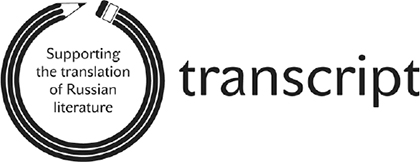
This English-language edition published by Verso 2022
First published in Russian as Dvizhenie po spirali (Spiral Motion), Moscow 2010
Translation Ian Dreiblatt 2022
Foreword Keith Gessen 2022
Afterword Tony Wood 2022
All rights reserved
The moral rights of the authors have been asserted
1 3 5 7 9 10 8 6 4 2
Verso
UK: 6 Meard Street, London W1F 0EG
US: 388 Atlantic Avenue,, Brooklyn, NY 11217
versobooks.com
Verso is the imprint of New Left Books
ISBN-13: 978-1-78873-353-3
ISBN-13: 978-1-78873-356-4 (US EBK)
ISBN-13: 978-1-78873-355-7 (UK EBK)
British Library Cataloguing in Publication Data
A catalogue record for this book is available from the British Library
Library of Congress Cataloging-in-Publication Data
A catalog record for this book is available from the Library of Congress
Typeset by Biblichor Ltd, Scotland
Printed and bound by CPI Group (UK) Ltd, Croydon, CR0 4YY
Contents
I first started reading Dmitrii Furman while living in Moscow in 2008, after seeing a discussion of his work in an essay on Russia by Perry Anderson. I was immediately charmed and amazed. Furman, born in 1943, was part of the generation of intellectuals who had cheered on the fall of Communism and then watched as much of the former Soviet Union descended into anarchy and despair. Many in his generation of Russian liberals had thrown in their lot with the 1990s reforms, and in the aftermath of their failure had become crabby and defensive, blaming everyone but themselves. Others had retreated into their academic disciplines, focusing on Tolstoy or Byzantium; still others had taken up academic posts in the West. Furman moved in the exact opposite direction. During the Soviet era, he had been a comparativist scholar of religions, had written books on highly obscure topics, but perestroika pulled him into his countrys present. In the post-Soviet era, he started producing a series of books and articles on the political development of the states of what had once been the Soviet Union. He was funny, shrewd, and morally unforgiving. He cleared away a vast edifice of selective memory and self-justification. He was unlike any Russian political observer that I had read.
The thing that Furman did, which others of his time and place for various reasons failed to do, was look at the other post-Soviet states: at Kyrgyzstan, Moldova, Kazakhstan, the Baltics. From this vantage, one could see that Russia, for all its uniqueness, was far from unique. Somehow or other, while some of the post-Soviet states had established stable democracies, and others had established unstable ones, a select few (Kazakhstan, Uzbekistan, Turkmenistan, and Russia) had established what Furman called imitation democracies. To varying degrees, the imitation democracies carried out the rituals of democracy and paid lip service to the will of the people, but actually gave the voters no real choice. Furman was not alone in defining a number of states in this way the same period gave us the concept of competitive authoritarianism, and one theorist inside the Kremlin had even come up with the clunky term sovereign democracy but Furmans insight was about the instability of these regimes. This instability came to the fore during elections. It was alleged electoral fraud in Georgia, Ukraine, and Kyrgyzstan that brought about the Rose and Orange and Tulip Revolutions in those countries in 2003 and 2004 and 2005, and in the coming years, disputed elections would cause massive protests in a number of post-Soviet states, including Russia in 2011 and, much later, Belarus in 20201. Though the authorities knew that elections were fake, and though voters basically knew the same, somehow the simple act of going through with the ritual could sometimes infuse elections with meaning. Like many of Furmans observations, this one was both shrewd and useful.
Furman was unique among his liberal contemporaries for the absolute moral clarity with which he saw 1990s Russian liberalism. The story as it was told at the time (and even now, to some extent) was that the reforms were never given a chance, that Russian democracy was strangled in its cradle by Vladimir Putin and the resurgent KGB. Yeltsin, to many, remained a romantic figure, flawed but heroic, the man who stood on a tank to put the final nail into the Soviet Union; the real villain was Putin, whom Yeltsin had mistakenly entrusted with power, when he should have chosen someone else.
Furman saw through this. For one thing, he writes, Yeltsin, in comparative perspective, was hardly the dissident that he came to seem in the last few years of Soviet power. Looking at the other post-Soviet states, Furman notes that some, like Kazakhstan and Uzbekistan, simply transitioned their first secretaries into the presidency. But others, including Poland, Czechoslovakia, and Georgia, elected actual former anti-Communist dissidents, people who had spent time in prison under the Communists. Russia did something in between: Yeltsin was a member of the Politburo who had fallen out of favour and rebelled against the leadership. A kind of rebel angel of Communism, he seemed to many Russian anti-Communists like the best of both worlds; as it turned out, this was not the case.
The problem, for Furman, was that the democratic movement which came to power in Russia in 1991 was always a minority inside the country. Yeltsin himself was briefly very popular, but the programmes of reforms and the dismantling of the USSR never had majority support. That did not mean it could not win; it could win, and it did. A vigorous, powerful minority, Furman writes, with a fortuitous leader, Yeltsin, could well rise to power, as it had in 1917 and as indeed it would again in 1991. What it by definition could not do was rise to power let alone entrench itself firmly in power through democratic means. The Yeltsin government, elected during the Soviet period but ruling past it, lacked democratic legitimacy. Yet it had a great deal of moral certitude. Russia needed to be transformed, the liberal economists who accompanied Yeltsin to power believed, and fast. If that meant holding on to power through means that were not entirely legitimate as Yeltsin, cheered on by the Moscow intelligentsia and the Clinton administration, held on to power through the 1996 election so be it. Russias democrats came to regard their own victory as utterly inseparable from that of democracy, Furman writes. There was simply no awareness of the straightforward and obvious notion that democracy is affirmed not through the victory of any one party not even the most democratic but rather through the cycle in which one party is defeated and an opposition rises to replace it.
This concept of a rotation in power was crucial to Furman. It was the ultimate test of a democracy. Many countries in the post-Soviet space had managed to do it to hold an election in which the opposition actually won. Some, like Belarus and Azerbaijan, had managed to do it only once; others, like Ukraine and Georgia, a few times. But Russia had not ever managed to do it.

